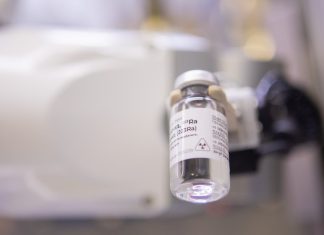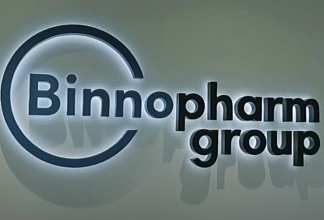Only about 4%, or 20,000 patients with hepatitis C received treatment in 2021, which is less than the number of new cases, according to the chief consultant specialist in infectious diseases.
More than 1.5 million new HCV cases and 290,000 deaths from the disease are registered in the world per year, according to WHO data updated this year. In Russia, 626,000 patients with the disease are registered for follow-up medical care. In 2021, more than 24,000 new cases of chronic hepatitis C were registered, which is significantly less than before the COVID-19 pandemic. Mortality from liver cirrhosis and hepatocellular carcinoma alone as outcomes of chronic HCV disease is constantly increasing, up from 16,427 in 2015 to 17,021 cases in 2020, Vladimir Chulanov noted.
The steady increase in mortality from both hepatic and extrahepatic causes is one of the key reasons to accelerate the elimination of hepatitis C in Russia, the specialist added.
Hepatitis C is associated with more than a dozen chronic diseases, while in patients recovered from chronic hepatitis C the risk of cardiovascular events decreases 43% and the risk of diabetes by 34%, said Nikita Kovalenko, Chairman of the Board of the Interregional Public Organization “Together against Hepatitis”.
He pointed out that it is important to take into account the possibility of a complete eradication of hepatitis C, which can be cured in almost any patient in just two to three months, regardless of the duration of the disease and the degree of liver damage. It is definitely better to make a one-off investment in hepatitis therapy instead of endlessly treating its symptoms and consequences.
“Elimination of hepatitis C will not only increase the effectiveness of national oncology and cardiovascular programs; it is important to remember that it will save people’s lives,” Kovalenko stressed.
Up to 240,000 lives can be saved by 2035, according to the estimates presented by Nikolai Avksentiev, adviser to the director of the Financial Research Institute (NIFI) of the Ministry of Finance of the Russian Federation, researcher at the Institute of Industrial and Economic Research of RANEPA under the President of the Russian Federation. According to the NIFI study, the elimination will increase life expectancy by 0.38 years by 2035, which is almost twice the effect of the implementation of national oncology project and road safety project. Such indicators can be achieved with the “elimination” scenario modeled by the NIFI.
The positive economic effect of the elimination of hepatitis C for the period up to 2035 will be 1.2 to 1.7 trillion rubles. At the same time, an increase in the production of goods and services will continue to have a positive effect on economic growth, while the cost of elimination is a one-off investment, since modern drugs allow patients to be completely cured in a short time, Nikolay Avksentiev said.
Thus, the elimination of the disease will lead to budget savings in the future, which is another good reason to defeat HCV.
For many patients, this is a matter of life and death, and their death can be prevented. So it is time to move from planning to action, said Yuri Zhulev, co-chairman of the All-Russian Union of Patients, President of the All-Russian Society of Hemophilia.
He pointed out that Russia has many factors contributing to the defeat of this socially significant infection: a large group of patients registered for follow-up care, active channels of funding, modern drugs, the successful experience of a number of regions, and all that is the third reason to accelerate the elimination of hepatitis C in Russia.
Elena Strebkova, the chief infectious disease specialist of the Samara region, and Snezhana Sleptsova, her counterpart from the Republic of Sakha (Yakutia), shared approaches to improving the availability of diagnosis and treatment. They noted the importance of decentralizing medical care for patients with chronic hepatitis C, which is being successfully implemented in both regions, as well as the need to make diagnostics more available. Despite a significant increase in funding for the procurement of anti-HCV drugs, the therapy coverage still lags far behind the number of new cases in the regions as well as in Russia as a whole. It is obvious that in order to defeat the infection, it is necessary to increase the number of cured patients tenfold and more as soon as possible.




